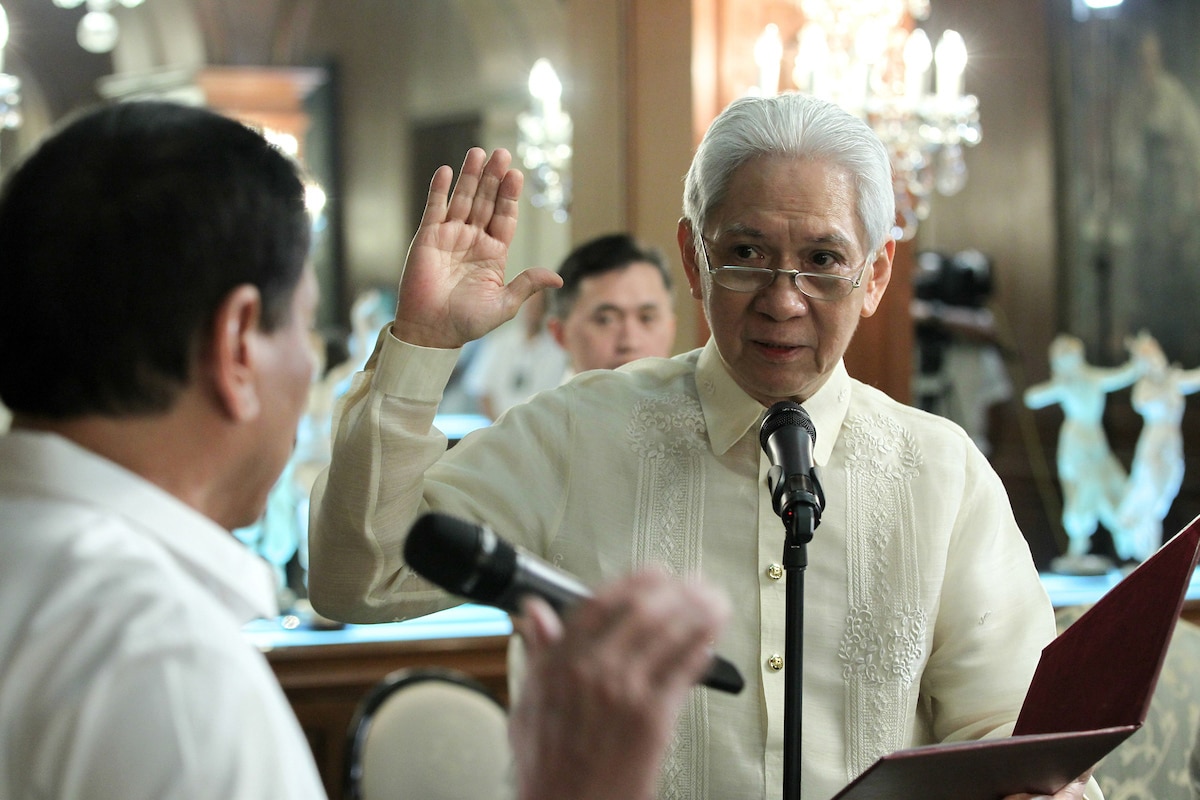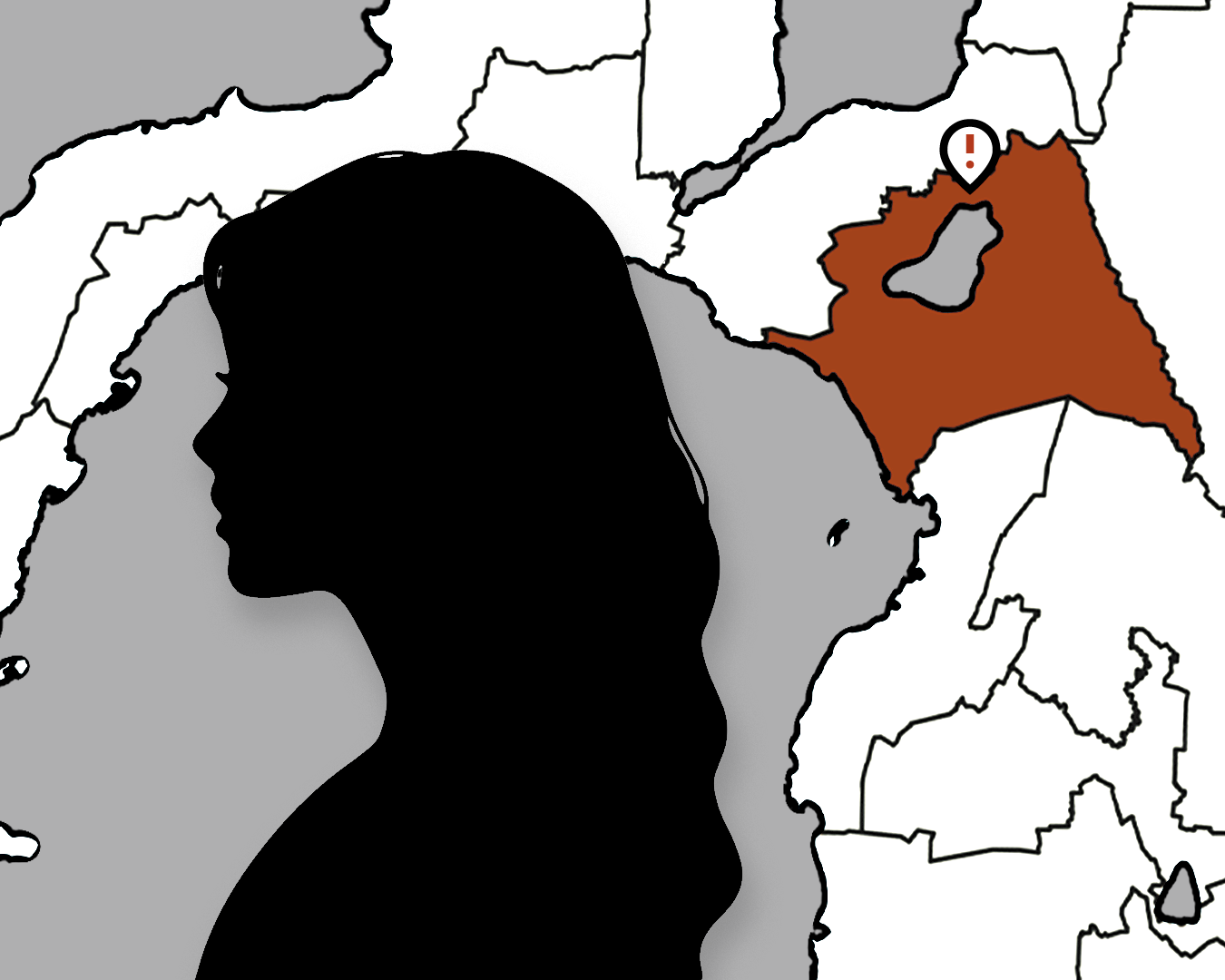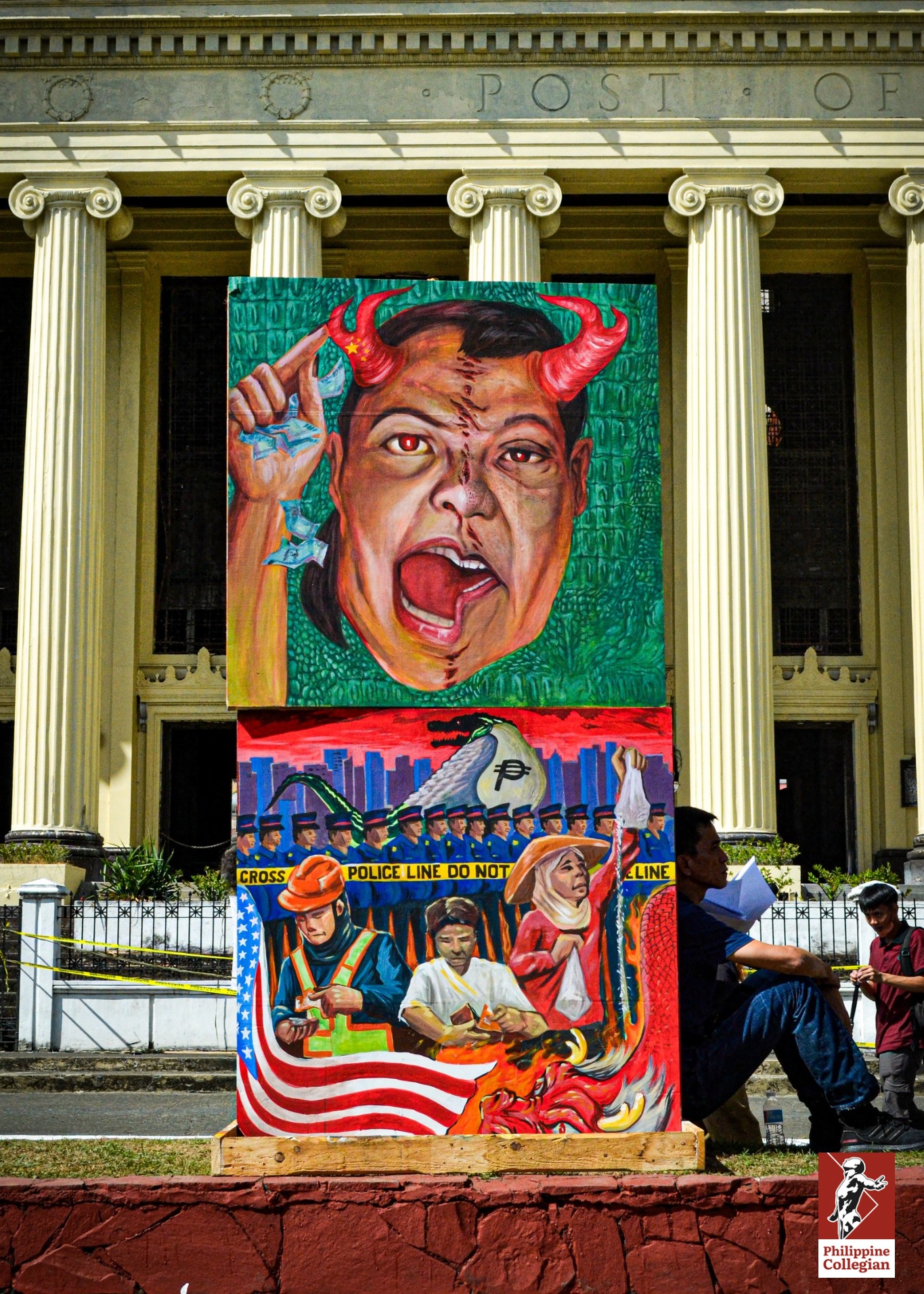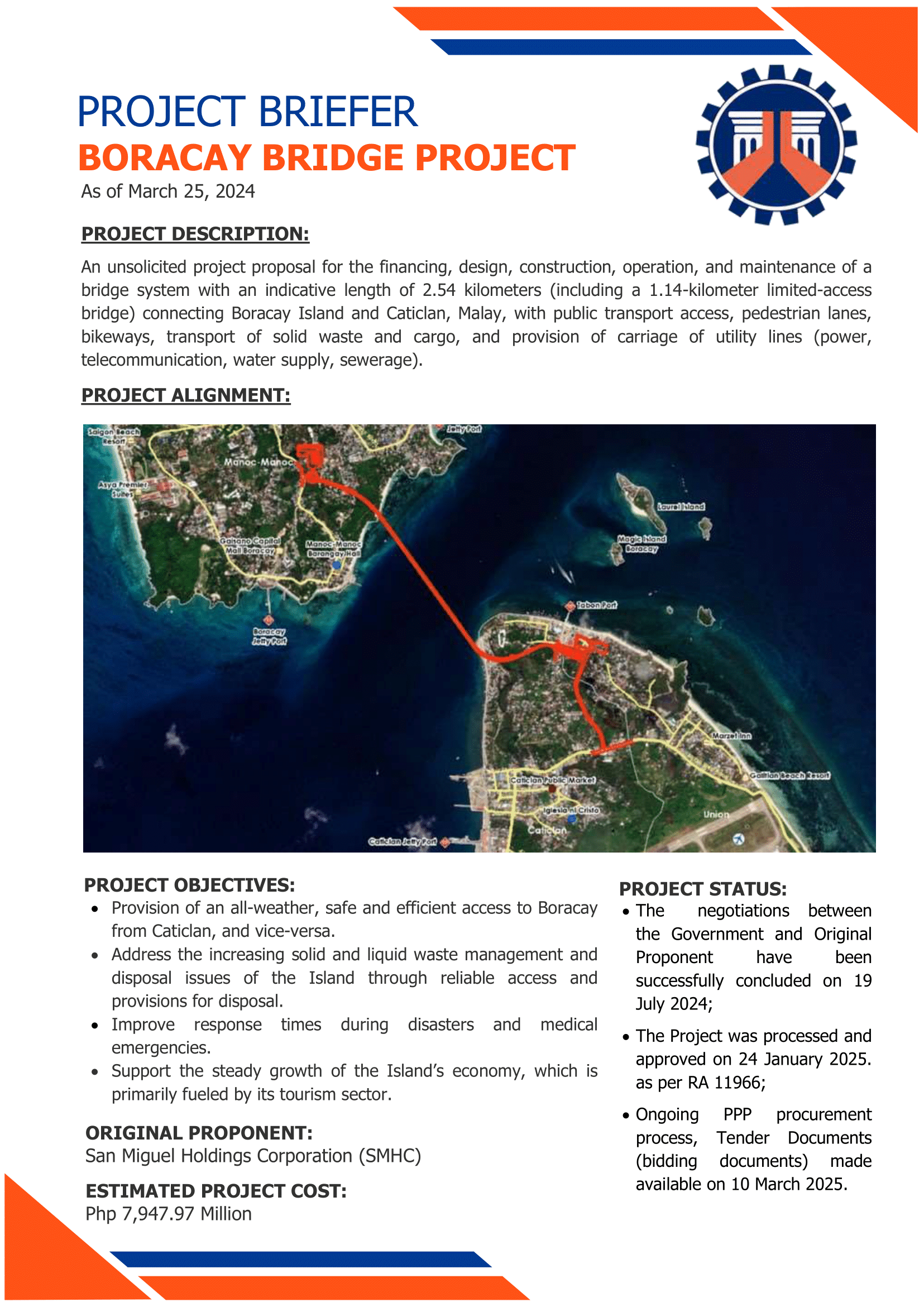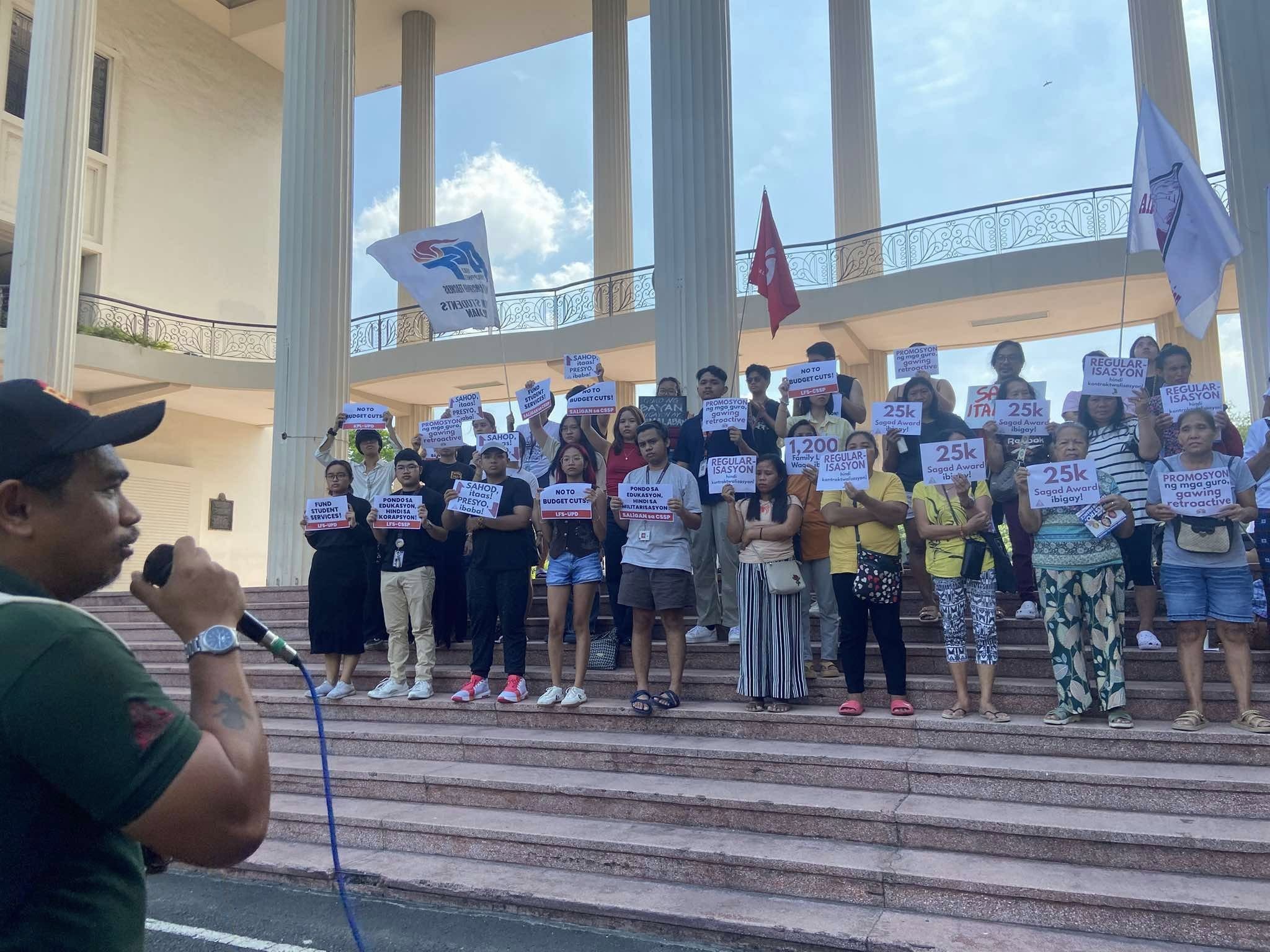Transparency advocates and journalists slam Ombudsman Samuel Martires’s proposal to amend Section 8 of Republic Act (RA) 6713, covering the guidelines for statement and disclosure of Statement of Assets, Liabilities, and Net Worth (SALN), for the threats it may pose on freedom of information and press freedom.
In the Office of the Ombudsman’s draft bill containing the proposed amendments to RA 6713 or the SALN Law, transparency group Right to Know Right Now (R2KRN) noted some “alarming” provisions that can hinder free speech, and can diminish what is expected of a SALN.
Among these provisions are the restriction of commentaries on SALNs, exclusion of properties used as personal residences, and limiting the release of documents to the discretion of custodians or employees in-charge of releasing SALNs.
While Martires insisted that his proposed amendments in the content and disclosure of SALNs are merely for expansion and clarification, groups believe that certain risks in the Ombudsman's draft bill need to be resolved, and if possible, removed, to avoid penalizing actions that should not even be punished at all.
Diminishing the Essence of a News
Should the proposed amendments be approved, journalists’ coverage of SALNs could be restricted, as the law would provide that no commentaries on the document should be made. In an interview with GMA’s DZBB Super Radyo, Martires said media outlets should only report what they can see, and not add comments anymore because it would then turn into a commentary and not news.
But Jonathan De Santos, chairperson of the National Union of Journalists in the Philippines, disagreed with Martires’s definition of a news report, and even more with how the Ombudsman’s “clarifications” curtail freedom of expression and press freedom.
“Primarily, we are supposed to report facts. But facts don’t exist in a vacuum. For example, to report about someone’s wealth this year, you have to look at another set of facts, like his wealth from last year,” De Santos told the Collegian, noting how news reports may entail comments that are still based on facts.
The absence of commentaries would diminish the essence of a news story, said De Santos. If journalists would merely report and state the figures in the SALN, then they might as well not publish the report for it would just be the same as releasing the document itself, he added.
Above all, penalizing commentaries on SALNs would add a "chilling effect" that the press already faces. Violation of this restriction and all other provisions under Section 8 of the proposed SALN Law are punishable with at most five years of imprisonment, and/or a fine not exceeding P5,000.
This kind of punishment for actions done by journalists as part of their duties only builds up the constant struggles of press freedom, De Santos added, because this would only make the “already repressive media landscape” more dangerous for journalists.
Loopholes To Serve Own Interests
Access advocates, meanwhile, not only noticed possible risks on press freedom in Martires’s proposed amendments, but also on freedom of information, after the Ombudsman included “vague” provisions that could serve as loopholes that officials can use to serve their own interests.
In his draft bill, Martires proposed to exclude real properties used “solely and exclusively” as the personal residence or family home of an official.
“The desire to remove it (place of residence) from the SALN is premised on perhaps invoking the right to privacy. But I think it is misplaced in the sense that everyone in the government should disclose and inform the public as to the details of their residence for practical reasons,” lawyer Eirene Aguila, co-convenor of R2KRN coalition, told the Collegian.
Politicians have an option to redact information in their SALNs if they deem it a little too much of a revelation that could compromise their privacy, added Aguila. But this does not entail that officials would not be obliged to disclose this information anymore.
Martires also suggested that the release of SALNs should only be upon the approval of custodians who shall “enact reasonable conditions, guidelines, rules, and regulations.” This, according to R2KRN, gives the employees in-charge of the documents more authority than the government officials who are the declarants of their own SALNs in the first place.
However, instead of focusing on the authority of the officers, the provision should be on making the disclosure of SALNs mandatory even without an official request, said Aguila. This way, officials would be obliged to release their SALNs publicly as mandated to begin with.
“Nobody will make a mistake on the exercise of discretion, you won’t add to the work of the officials, and then we can remind everyone that we are accountable to the public if we make the release of SALNs a mandatory disclosure,” Aguila said.
Out of Public Eye
For Aguila, the restrictions on what officials could declare in their SALNs and on the release of these documents pose a threat to freedom of information, especially because there has been no law that protects the public’s right to know ever since the constitution has been crafted.
While President Rodrigo Duterte, in 2016, signed Executive Order (EO) 2 which institutionalized the freedom of information program in the executive branch, Aguila observed how the government had not stayed true with its promise for an open government.
“It’s that overall feeling that people get that it’s wrong to ask, that you’re the enemy of the state when you want to get more information. I think everyone should be alarmed that taken together, the government doesn’t seem to be serious in implementing that EO,” Aguila said.
In 2018, the Ombudsman himself alleged that the media reported his SALN unfairly, after his wealth increased by P15 million in a span of only a year. He claimed that SALNs are being used as weapons to destroy a public official’s reputation.
The Office of the Ombudsman in 2020 restricted public access to SALNs through a memorandum circular, allowing the president to keep his SALNs from public eye.
When asked about the president’s SALN, Martires resorted to questioning why the public is too fixated on Duterte’s wealth when other offices and low-ranking officials could be vulnerable to corruption too. He later guaranteed that the president had been filing his SALN, but still made no moves to show it publicly.
With Martires's supposed "clarifications" to the SALN Law, despite the Office of the Ombudsman being established to ensure transparency and accountability among public officials, access advocates believe that freedom of information would be further diminished, and the proposal’s approval would only reveal one thing that the government does not really stand for—openness.
“The fact that you don’t want to voluntarily release your SALN and medical records, and instead hide behind technicalities, I think you’re fooling the public. Because they’re yours, if you really want to release them, it’s well within your rights, whether or not the Ombudsman says otherwise,” Aguila said.
Danger to Public's Rights
Now that the Ombudsman has come up with his proposed amendments, not only does the public’s right to know and access information could be diminished should the amendments be approved, officials could also use this by compromising transparency in their SALNs.
De Santos believes that Martires’s proposal could give politicians loopholes for them not to declare their wealth. “If this would mean less access to information, or less information available to citizens, then it doesn’t help the people at all,” he said.
Transparency groups continue to lobby for the removal of these prohibitions and amendments that pose a danger to the public’s rights. Amendments may be put in place, but it should not be at the expense of freedom of information, expression, and the press.
“I’d like to think that he (Martires) still remembers why the Office of the Ombudsman was created, and that is to lawyer for the people, especially when you’re talking about graft and corruption. Sana maalala niya na iyon ang pakay ng opisina, at hindi protektahan ang mga tao na nasa gobyerno,” Aguila said. ●
